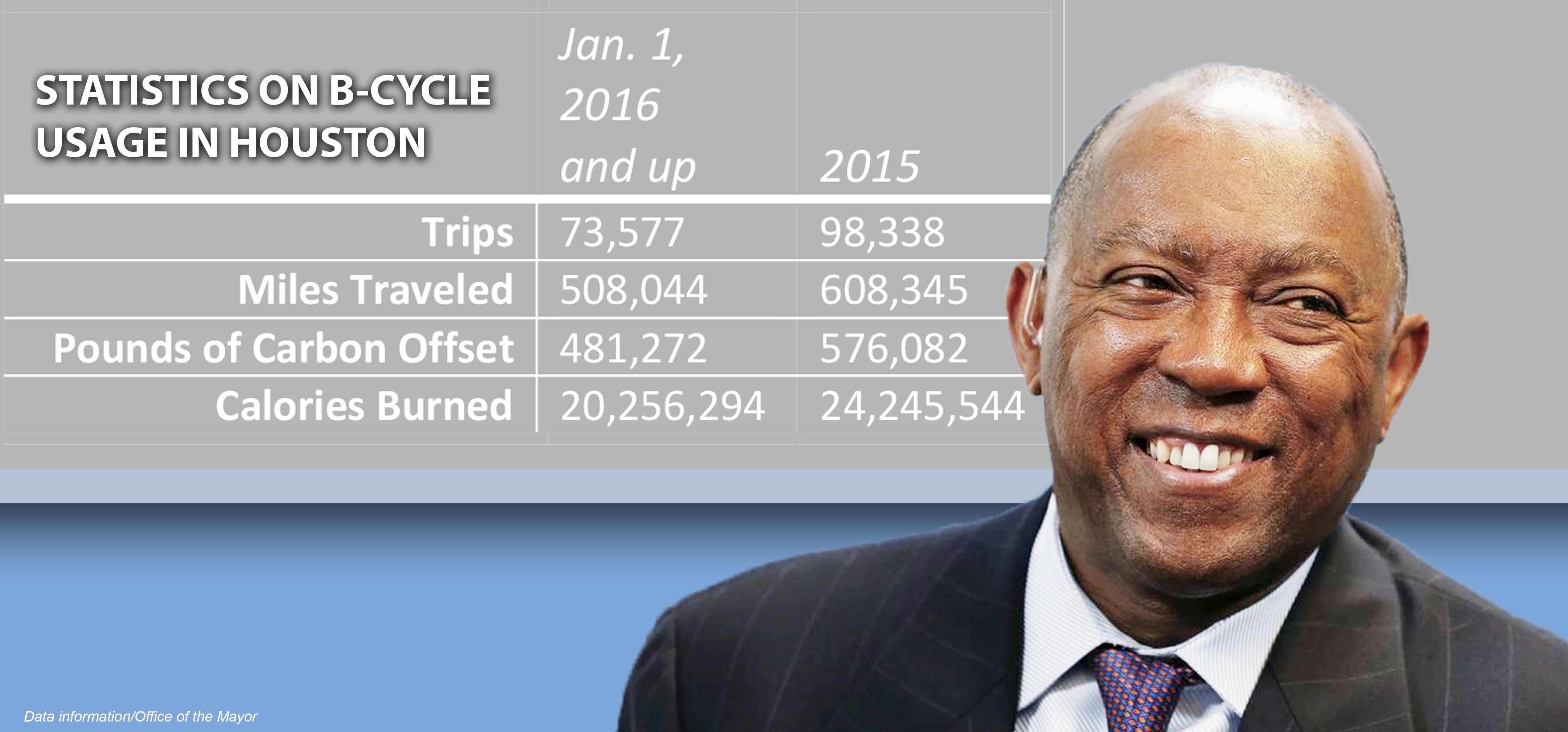The mayoral sector might be under bombardment by the mainstream media. Without doubt, Mayor Turner’s office has been penetrated, and Ms. Ward’s email scandal might just be the beginning.

For several weeks, Darian Ward, the Press Secretary of Houston’s mayor Sylvester Turner made headlines in virtually every Houston’s media outlet. This was about a story investigation that exposed her misuse of City’s resources for her own personal production company. Ms. Ward’s official misstep was a sorry tale. She had ran her reality show production deals in New York and Los Angeles with City’s email account. To make it even worse, more than 5,000 pages consisting of over 2,000 emails were already recovered and some of them are publicly displayed.
Even after the City suspended Ms. Ward without pay for 10 days in December, some observers believed that was not enough. However, in a surprise development on Friday, Mayor Turner announced both Ms. Ward’s voluntary resignation and her replacement on.
Based on her training and experience of the City’s administrative process, Ward’s transgressions – a flouting of her moral obligations might be very hard to defend. Yet, it is strange and remains a surprise that her personal deals ended up in the media. This might also mean that Major Turner and his entire team on 901 Bagby Street are deeply under media systematic searchlight and scrutiny.
For clarity, the mainstream media fraternity is a fragmented domain of capitalists, policy brokers, and political strategists who exploit their editorial privilege to manipulate community interests. Their business network is predatory. For instance, they would create community sectors and local news sections to give the false impression that they are committed to building the community. They would penetrate community leaders and local politicians with influential circulation and viewership, then systematically uplift those that serve their ideological interests, while those leaders, especially women and minorities who are passionate about core community matters are ran into the ditch.
Ironically, Mayor Turner is not new to this system. In his political career, he has experienced the damaging wraths of the mainstream, the foremost being his brush with Wayne Dolcefino’s 1991 investigative report into his alleged shady insurance dealings.
It may be recalled that the 1991 Houston mayor’s race which included incumbent Kathy Whitmire, Bob Lanier, and Turner ended up in squared off between Lanier and Turner. Six days before this runoff, KTRK decided to air Wayne’s report on Turner. While the subject was the insurance fraud, the story further made another surprise revelation – that Turner, a married man, was living with a “life-long friend” Dwight Thomas. The intention to air this story a few days before a heated run-off election is explicably a premeditated attempt to perpetrate destructive consequences on Turners possible victory.
With this incident alone, it is expected that Mayor Turner would have learnt his lessons about the risks of flirting with the mainstream media clan. Regrettably, and soon after he was sworn in January 2016, Mayor Turner once again open his arms to the oppressors of the conventional media – shuttling their newsrooms, studios, and shows; and welcoming them all around his official realms.
To his credit, Mayor Turner’s team tried to align with a coalition of diverse Houston media practitioners in his early period in office. This was in 2016. He had invited individuals of the local media to a lunch and briefed them on the state of the City’s business. Again, this event accomplished nothing but free lunch and photo ops for the blogs.
Ultimately, the Mayor’s inability to effectively create the appropriate media partners to project and protect his mission might hunt down his path to success.
Notwithstanding, the fact remains that this Mayor might not even recognize most minority media outlets, as he enjoys his fascination with the big media – granting unprecedented attention to matters of the mainstream. The lucky Mayor got carried away with his big media buddies, enjoying their courtship as he made their local news headlines from every angle. Regrettably, the mayor and his media cohorts relegated their Black Press to email lists of ineffectual press releases announcing his schedules and trade mission trips around the globe. Indeed, his intoxication for the big media grew overboard leaving him with little or no strategies to effectively supervise handlers of his communication zone.
Mayor Turner perhaps could have simply learnt from Mayor P. Lee Brown’s Black Press Strategy Book. Soon after Mayor Brown became the city’s first Black mayor in 1997, he created a network of Black Press consisting of media owners. He met with them every month to discuss his policies; minority media prospects, and strategies to project and protect g the city’s agenda. The coffees and cookies were not that good, yet those meetings were very resourceful. The Black media gang stood in-between Mayor Brown and the mainstream oppressors, creating a forum that commendably addressed complexities of city politics. That was not all. Mayor Brown and his Mayor Pro Tem, Jew Don Boney Jr. knew all Black-owned media by heart, their locations, owners, and editorial calendars. Mayor Brown also courted the Houston Association of Black Journalists, and personally visited their meetings regularly to share concerns and prospects.
It is most relevant and safer for minority leaders to entrust their information and essential engagements with media entities that share their passion, communal interests, and governance ideologies. Anytime they step beyond these boundaries, they fail.
These relationships paid off in Mayor Brown’s reelection bid when he won his third and final two-year term by narrowly beating Orlando Sanchez, a city councilman who was trying to become the city’s first Hispanic mayor. The Black Press – a combined print circulation of more than 200,000 free copies from more than 15 newspapers at the time, coupled with electronic media outlets went on rampage to create the needed awareness that kept their guy in the office for his last term.
In a full confession mode –Chris Begala, spokesman for Mr. Sanchez, acknowledged strong support from Hispanic voters as well as Anglo voters but not enough to overcome the turnouts from predominantly black neighborhoods.
But the current development logically signals a bombardment of the mayoral sector by the mainstream media. Without doubt, Mayor Turner’s office has been penetrated, and Ms. Ward’s email scandal might just be the beginning. Ultimately, the Mayor’s inability to effectively create the appropriate media partners to project and protect his mission might hunt down his path to success. Similarly, his love affair with the mainstream media oppressors may have boomeranged. And for other minority leaders who do not know, the mainstream media is like the Insurance Companies. They are simply, not just your friends.
It may sound unusual, but the only leaders who would fall into such trap are those intoxicated by the mainstream media identity. Smart leaders identify with the very media that originates from the cultural base. They align with indigenous media houses that serve as community partners rather than merchants for abnormal profits. Hence, it is most relevant and safer for minority leaders to entrust their information and essential engagements with media entities that share their passion, communal interests, and governance ideologies. Anytime they step beyond these boundaries, they fail.
■ International Guardian Publisher Anthony Obi Ogbo, PhD is the author of “The Influence of Leadership.” Contact: anthony@guardiannews.us



